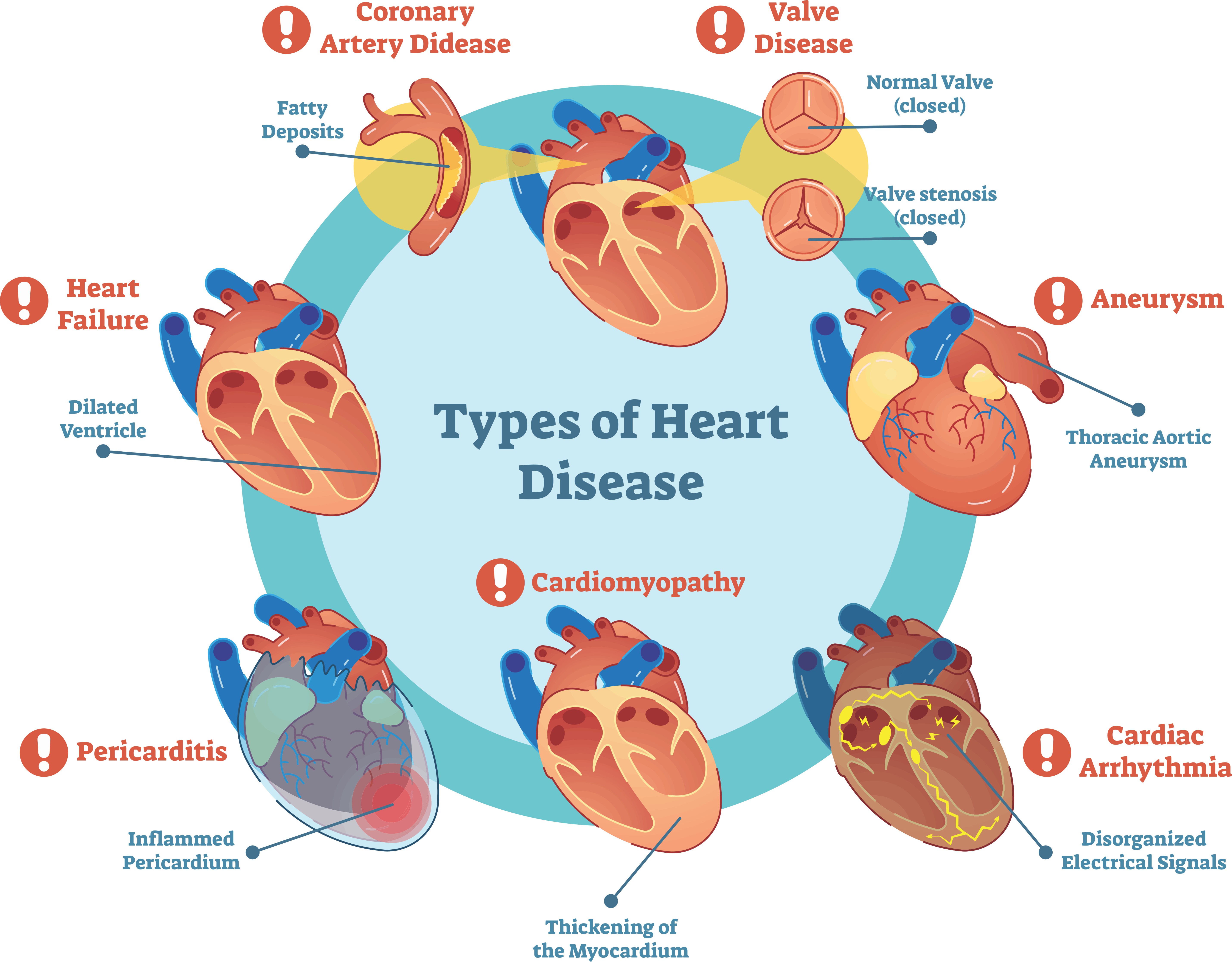Prioritizing Wellness: Celebrating Men’s Health Month
June is Men’s Health Month, a dedicated time to raise awareness about health issues that disproportionately affect men and to encourage proactive health management. This month serves as a crucial reminder for men to take charge of their health by undergoing regular check-ups, adopting healthier lifestyles, and addressing mental health concerns. By highlighting the importance of men’s health, we can work together to improve overall well-being and longevity.
Common Health Issues Facing Men
 Men are often more susceptible to certain health issues, many of which can be effectively managed or prevented with early detection and lifestyle changes. Here are some of the most pressing health concerns:
Men are often more susceptible to certain health issues, many of which can be effectively managed or prevented with early detection and lifestyle changes. Here are some of the most pressing health concerns:
Heart Disease:
Heart disease remains the leading cause of death among men. Risk factors include high blood pressure, high cholesterol, smoking, obesity, and a sedentary lifestyle. Regular screenings and lifestyle modifications, such as adopting a heart-healthy diet and engaging in regular physical activity, can significantly reduce these risks.
Prostate Health:
Prostate cancer is one of the most common cancers in men. It’s essential for men, especially those over 50 or with a family history of prostate cancer, to discuss screening options with their healthcare providers. Early detection can lead to better treatment outcomes.
Diabetes:
Men are at a higher risk for type 2 diabetes, particularly if they are overweight or have a sedentary lifestyle. Diabetes can lead to serious complications, including heart disease and kidney failure. Regular monitoring of blood sugar levels and maintaining a healthy weight through diet and exercise are vital for prevention.
Mental Health:
Mental health issues, including depression and anxiety, are often overlooked in men. Societal norms can discourage men from expressing vulnerability, leading to untreated mental health conditions. It’s crucial to promote open discussions about mental health and encourage men to seek help when needed.
Substance Abuse:
Men are more likely to engage in risky behaviors, including substance abuse. This can lead to addiction and serious health problems. Awareness and education about the dangers of substance misuse are essential for prevention.
The Importance of Preventive Care
 Preventive care is fundamental in managing health risks and detecting potential issues early. Here are key components of preventive care for men:
Preventive care is fundamental in managing health risks and detecting potential issues early. Here are key components of preventive care for men:
Regular Check-Ups:
Annual physical exams can help track vital health indicators such as blood pressure, cholesterol levels, and body mass index (BMI). These check-ups allow healthcare providers to identify potential health issues before they become serious.
Screening Tests:
Depending on age and risk factors, men should discuss appropriate screening tests with their healthcare provider. This may include screenings for blood pressure, cholesterol, diabetes, prostate cancer, and colorectal cancer.
Vaccinations:
Staying up-to-date on vaccinations is essential for preventing illnesses. Men should ensure they are vaccinated against preventable diseases, including influenza, hepatitis, and tetanus.
Lifestyle Changes for Better Health
 Making positive lifestyle changes can significantly impact men’s health. Here are some actionable tips:
Making positive lifestyle changes can significantly impact men’s health. Here are some actionable tips:
Balanced Diet:
A nutritious diet rich in fruits, vegetables, whole grains, lean proteins, and healthy fats can help maintain a healthy weight and reduce the risk of chronic diseases. Limiting processed foods, sugar, and saturated fats is also crucial.Regular Exercise:
Engaging in regular physical activity—aiming for at least 150 minutes of moderate aerobic exercise per week—can improve cardiovascular health, boost mood, and enhance overall well-being. Activities like walking, running, cycling, and strength training are beneficial.Stress Management:
Finding effective ways to manage stress is essential for mental and physical health. Techniques such as mindfulness, meditation, yoga, and deep breathing exercises can help alleviate stress and promote relaxation.Healthy Sleep Habits:
Quality sleep is vital for overall health. Men should aim for 7–9 hours of sleep per night. Establishing a regular sleep routine and creating a conducive sleep environment can improve sleep quality.Avoiding Tobacco and Limiting Alcohol:
Quitting smoking and limiting alcohol consumption can significantly reduce health risks. Seeking support from friends, family, or professional services can assist in making these lifestyle changes.
Men’s Health Month is an opportunity to reflect on the importance of prioritizing health and well-being. By raising awareness about common health issues, promoting preventive care, and encouraging lifestyle changes, we can help men lead healthier, more fulfilling lives. Let’s challenge the stigma around discussing health and encourage open dialogues about men’s wellness.
We want to hear from you! What steps do you take to prioritize your health? Have you faced any challenges in managing your well-being? Share your experiences and insights in the comments below!













